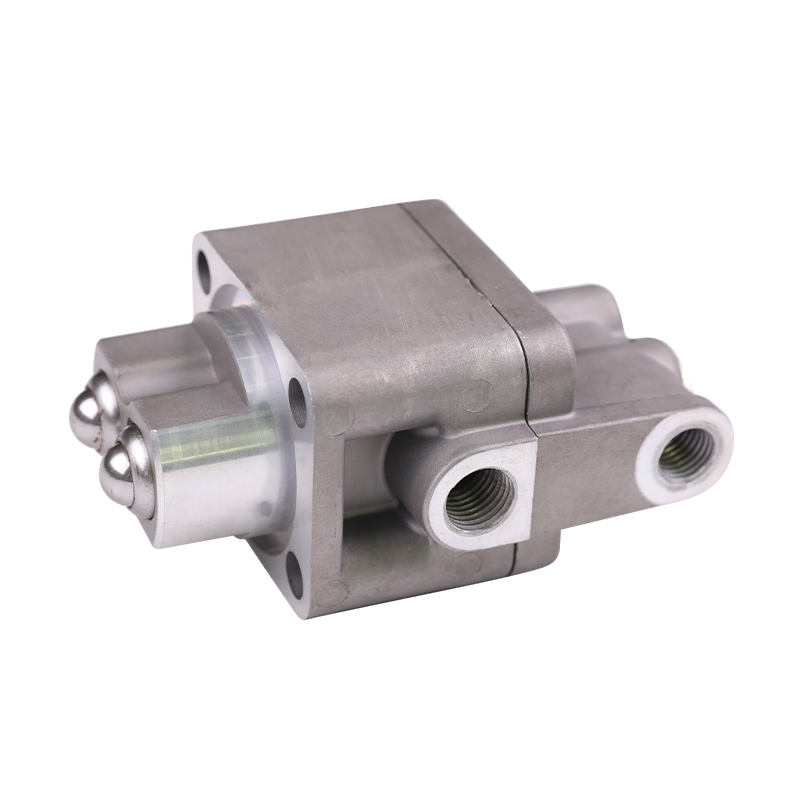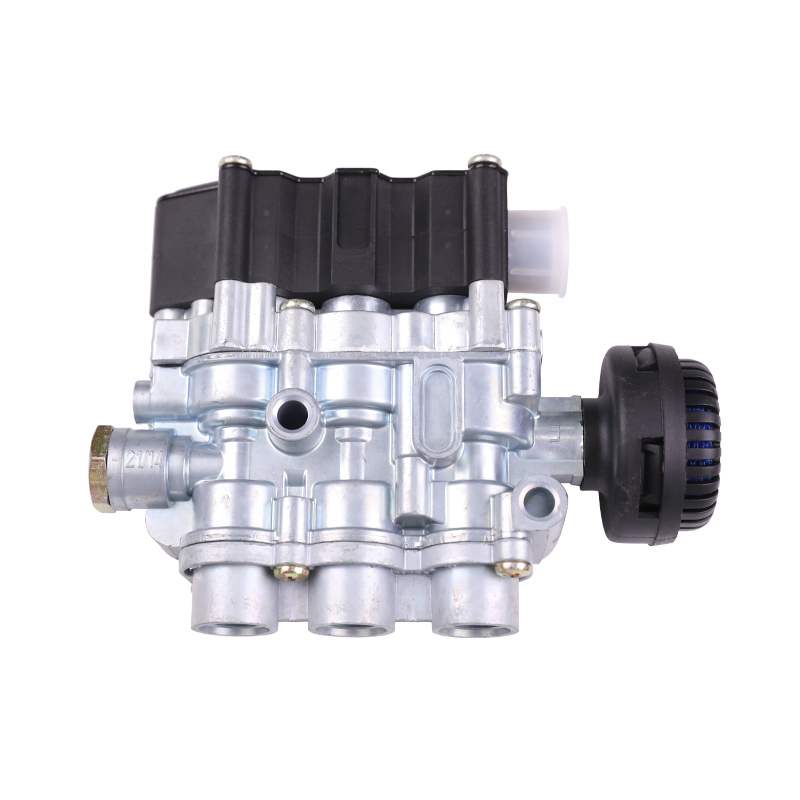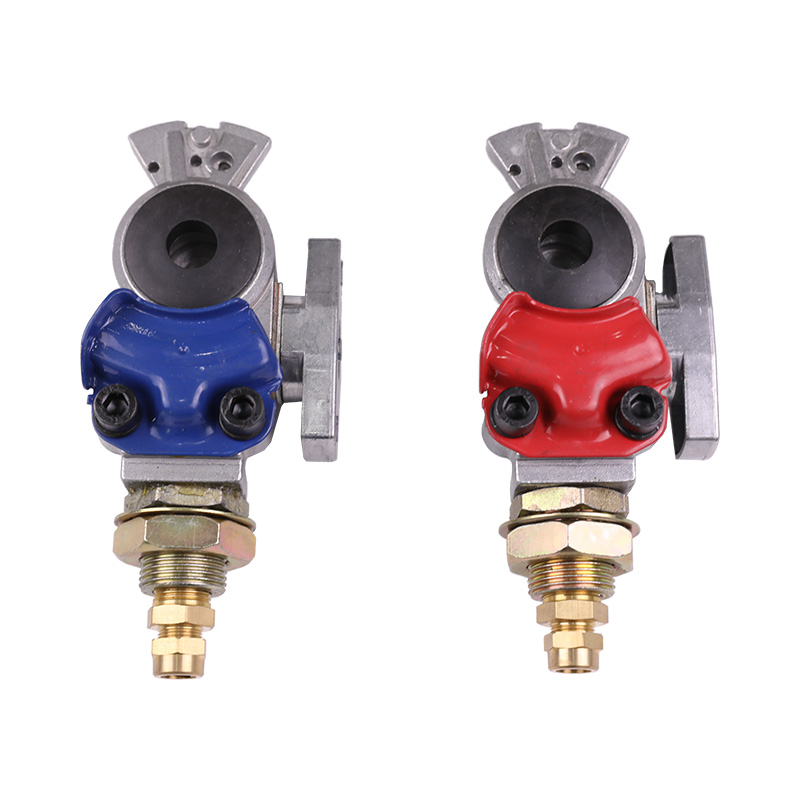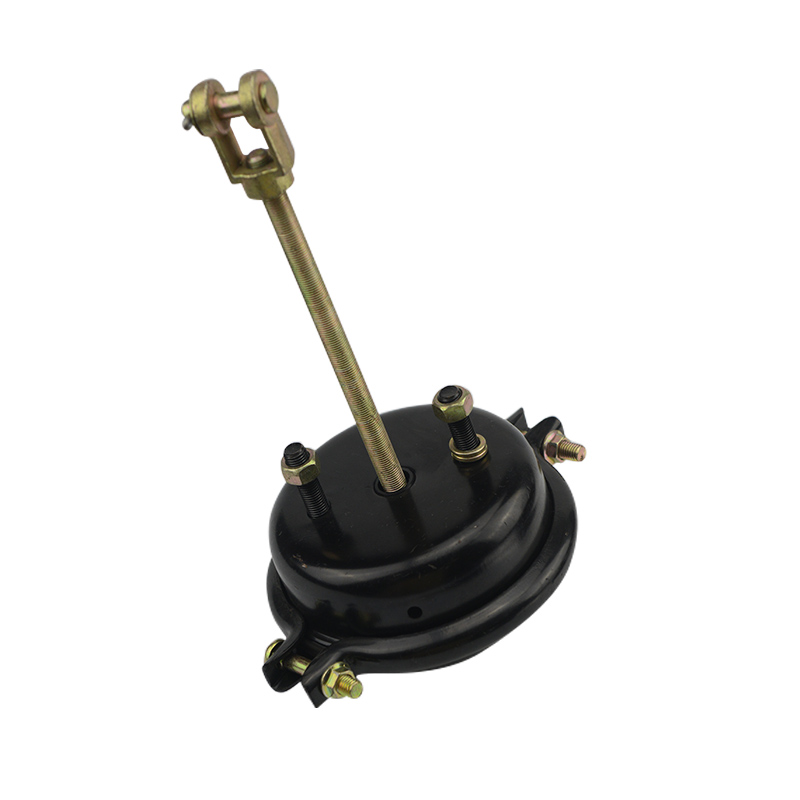When it comes to your vehicle's gearbox, the Gearbox Valve is the most important part. If it fails, your car will shift into the wrong gear. This fault is most noticeable in vehicles that have been in use for several years. Even if you have never performed transmission maintenance or repair, you may be tempted to perform a DIY replacement. Here are a few common symptoms of a broken valve body: delayed gear change, rougher gear shifts, and increased RPM.
The valve body consists of a number of valves. The valves are referred to by the shifts they are responsible for. For example, the third-fourth valve determines an upshift from third gear to fourth gear and the fourth-third is responsible for a downshift from fourth gear to third. Each valve is connected to a shifter in the vehicle. The manual valve is the one controlled by the driver.
A malfunctioning Gearbox Valve can lead to a harsh noise when changing gears. It can also result in damaged gears. When the Gearbox Valve fails, you'll notice that your car's transmission makes a high pitch squeaking noise when you shift it. If you're experiencing any of these symptoms, you should contact your dealer as soon as possible. Taking care of the transmission is vital to its efficiency and reliability, so be sure to repair it as soon as possible.

The Gearbox Valve has several functions. The body has a number of valves, each assigned a shift. The third-fourth valve, for example, activates the upshift from third gear to fourth gear. On the other hand, the fourth-third valve controls the downshift from third gear to second. The fourth-third valve is connected to the shifter in the vehicle. It is also called the manual valve.
The Gearbox Valve has various purposes. It has the ability to control the engine's speed by controlling the amount of oil it uses. The governor's job is to control the transmission's speed by adjusting the pressure in the transmission. As the vehicle's speed increases, the governor's pressure changes. The resulting force increases the torque of the gears. If the valve is damaged, the vehicle may be unable to shift gears.
The Gearbox Valve is one of the most crucial parts of the Gearbox. It regulates the amount of oil to feed the solenoids. Its wear can cause transmission problems, including engagement and shift. When the transmission valve is damaged, it can make the transmission less effective. It is therefore important to keep a close eye on the condition of your gearbox. If you notice any of the symptoms mentioned above, you should take action immediately.
The valve body of the Gearbox contains several valves. Each of these valves controls a particular shift. For example, the third-fourth valve is responsible for the upshift from third gear to fourth gear, while the fourth-third valve is responsible for the downshift. The fifth-third valve is connected to the shifter in the vehicle. The manual valve takes input from the driver and determines the gears' positions.
Failure of the Gearbox Valve is a serious issue for your car. A faulty Gearbox Valve can cause a loud noise when shifting gears, which may cause damage to your gear. It can also damage the gears. Thankfully, there are a few different methods of diagnosing and replacing a Gearbox Valve. Usually, your car will make a series of clicks and noises when it shifts into gear.
A faulty Gearbox Valve will cause the transmission to change gears too quickly and produce a harsh sound. Your vehicle may even be unable to drive properly if it's not working properly. While a faulty Gearbox Valve can lead to a wide range of problems, it can also be the first sign of a malfunctioning gearbox. It can also cause the gears to shift in an unidirectional way.
The Transmission Valve is a complex piece of equipment. The body of the valve is made up of several passageways and valves. These parts regulate the flow of transmission fluid. If a Gearbox Valve fails, the car will not shift smoothly or at all. It can even cause the vehicle to jerk forward or backward. A failed Valve can also result in a severe stall in the car's performance.






